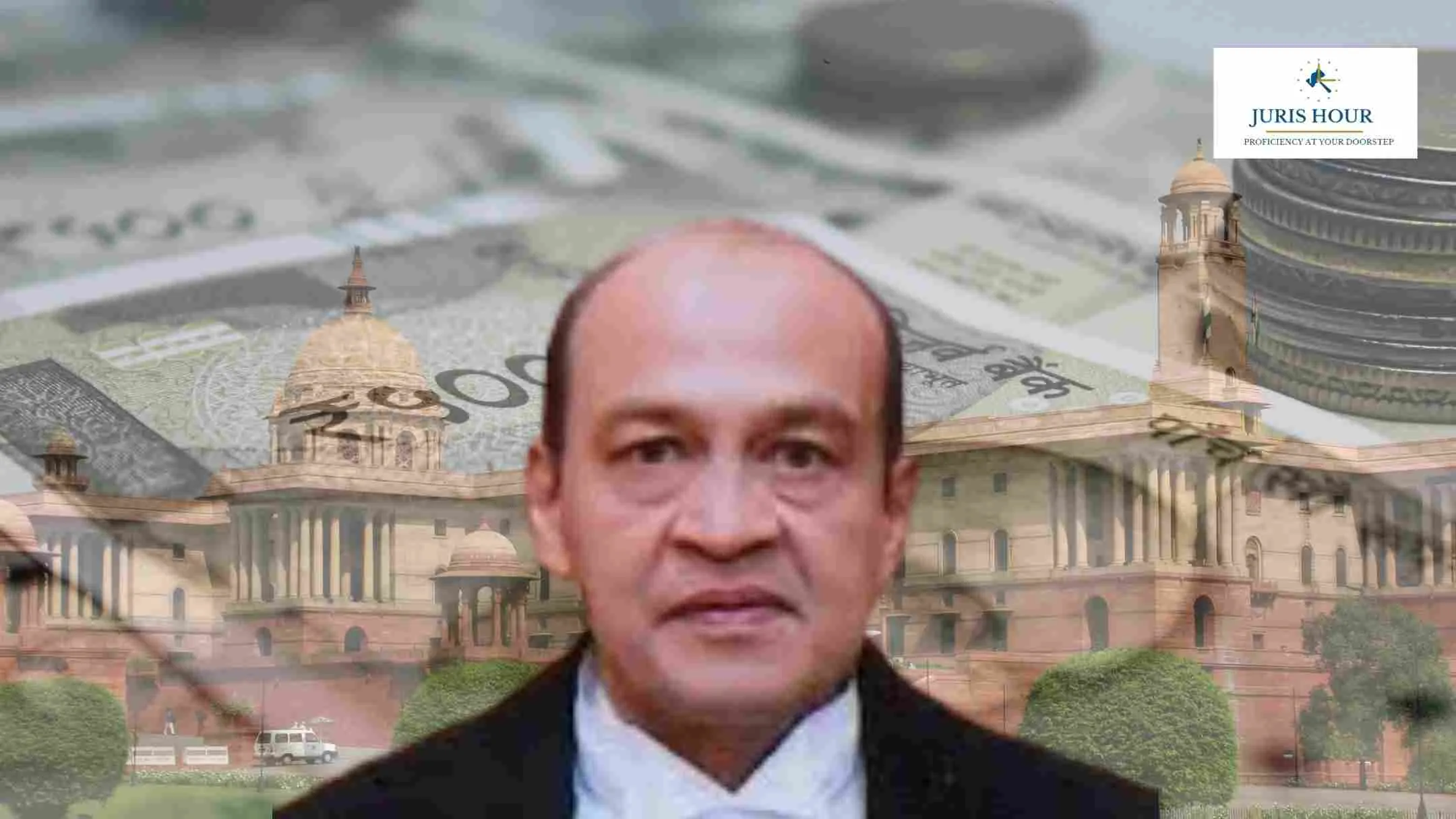Rijiju Confirms Historic First Against High Court Judge in Burnt Cash Scandal
In an extraordinary and historic development, Parliament has initiated impeachment proceedings against Justice Yashwant Varma, the former Delhi High Court judge embroiled in a sensational cash scandal. This unprecedented move follows the discovery of large amounts of charred ₹500 currency notes at the judge’s official residence in central Delhi earlier this year.
According to official sources, the impeachment process formally began on Monday after 145 Members of Parliament—cutting across party lines—submitted a memorandum to Lok Sabha Speaker Om Birla. The motion, demanding the removal of Justice Varma, is backed not just by the Opposition but also members of the ruling Bharatiya Janata Party (BJP) and its allies.
Cross-Party Consensus Fuels Rare Parliamentary Unity
Among the signatories are senior BJP leader and former union minister Anurag Thakur, Congress MP Rahul Gandhi, and Supriya Sule from the Sharad Pawar-led faction of the Nationalist Congress Party. Also endorsing the motion were MPs from the Communist Party of India (Marxist), the Telugu Desam Party, Janata Dal (United), and Janata Dal (Secular), indicating a strong cross-party resolve to act on the matter.
Parliamentary Affairs Minister Kiren Rijiju confirmed on Sunday that over 100 MPs had endorsed the motion—well above the minimum constitutional threshold. “A significant number of MPs, including more than three dozen from the Congress party alone, have signed the memorandum,” Rijiju said, affirming the government’s commitment to upholding accountability within the judiciary.
Background: Burnt Currency Scandal Rocks Judiciary
The impeachment demand stems from an incident that took place on March 15, when firefighters were called to Justice Varma’s government bungalow following reports of a blaze. During the fire response, emergency personnel stumbled upon bundles of partially burnt ₹500 notes in an outhouse on the premises. The sensational discovery triggered nationwide outrage and renewed concerns over alleged corruption at the highest levels of the judiciary.
While Justice Varma has denied any knowledge of the burnt cash, dismissing the allegations as “preposterous” and part of a wider “conspiracy,” an internal inquiry by a Supreme Court-appointed in-house committee concluded otherwise. The committee’s 64-page report, accessed by NDTV, reportedly stated that access to the outhouse was exclusively maintained by the judge and his family. Based on these findings, the committee recommended Justice Varma’s removal.
The Constitutional Road to Impeachment
Although the Indian Constitution does not explicitly use the term “impeachment” for judges, the procedure to remove judges of the High Court and Supreme Court is well defined. Under Articles 124 and 218, read alongside the Judges Inquiry Act, 1968, the process can be initiated in either House of Parliament.
A motion must be signed by at least 100 Lok Sabha MPs or 50 Rajya Sabha MPs. Once admitted by the Speaker or Chairperson, an investigation committee is formed to look into the allegations. If the committee finds the judge guilty of misbehaviour or incapacity, the motion must then pass both Houses with a two-thirds majority before the President can issue an order of removal.
Justice Varma’s Legal Challenge
In the wake of the committee’s damning report, Justice Varma—who has since been reverted to his parent High Court in Allahabad—approached the Supreme Court challenging the panel’s authority. He has argued that the in-house committee had no legal jurisdiction to investigate or indict a sitting High Court judge. Further, he has alleged that he was not granted a fair opportunity to respond to the charges and that the process violated principles of natural justice.
Justice Varma also contested the Supreme Court’s power of “superintendence” over High Courts, asserting that disciplinary authority over High Court judges lies elsewhere under the Constitution.
Setting a Constitutional Precedent
India has never before impeached a High Court judge, making this case a landmark in the country’s legal and political history. Though there have been five previous attempts to impeach judges—most notably the failed 2018 motion against then Chief Justice of India Dipak Misra—none have ever culminated in actual removal.
If the current proceedings against Justice Varma move forward successfully, it would mark the first instance of judicial impeachment since India’s independence, and could reshape public confidence in the mechanisms of judicial oversight.
As the case unfolds, all eyes are now on Parliament and the judiciary to see whether this rare constitutional tool will finally be exercised to its conclusion.

